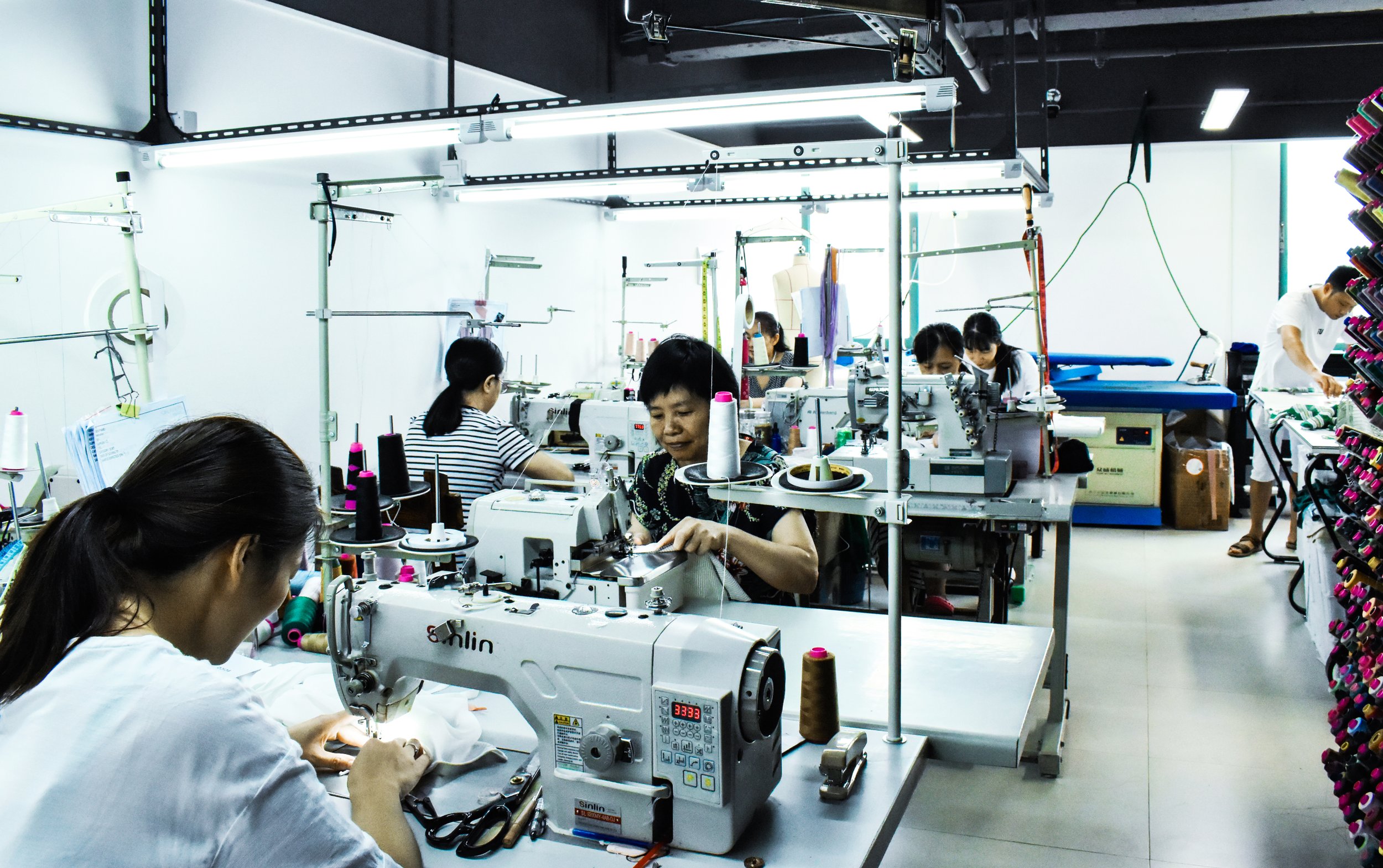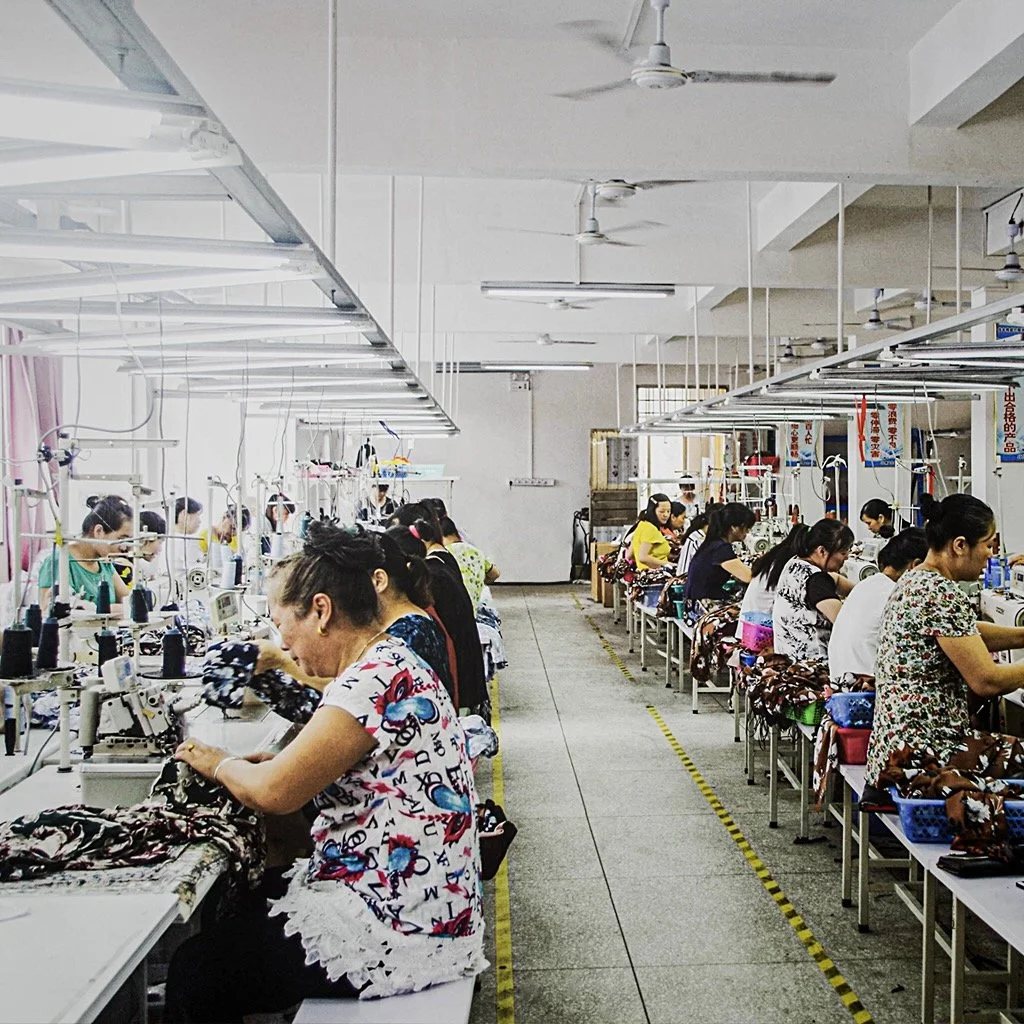Fashion Buyers: Is Cambodia your Plan B for garment sourcing
Fashion businesses being the most to feel the impact of the rising tariffs, are shifting their manufacturing out of China. Cambodia is one such garment sourcing hotspot to consider.
Garment Manufacturing – key to Cambodia’s economic growth
Modern-day Cambodia has enjoyed a steady economic growth rate of about 7% in recent years, the highest among fast-growing ASEAN nations. The rate will remain steady in 2019 as predicted by the Asian Development Bank, meaning further stable economic improvement for the country. But it is the garment-manufacturing industry which is a reliable key player in Cambodia’s healthy economy and growth. This industry employs more than 700,000 Cambodians. In addition, approximately two million (12.5% of the total population) rely on the income of garment workers as per the Garment Manufacturers Association of Cambodia (GMAC).
New life was breathed into garment industry in 2018, after various companies relocated to Cambodia following China’s increased wages and Bangladesh’s several factory incidents. According to a report by the National Bank of Cambodia (NBC), 2018 also saw Cambodia’s garment and footwear exports grew by no less than 24%– a significant improvement from the previous year’s growth rate of 7.6%. The report states that this growth is also due to an improved global economy, especially in main export areas like the European Union (EU) which bought 46% of Cambodia’s total garment and footwear exports the previous year, followed by the United States (24%), Canada (9%), and Japan (8%).
The garment sector makes up 16% of the GDP and 80% of the country’s total exports. In spite of challenges like potential exclusion from the EU’s “Everything but Arms” (EBA) policy, Cambodia’s garment sourcing and manufacturing will continue to steer a steady economy in 2019.
Working with Cambodia’s garment sector presents numerous advantages, like the country’s strategic location and competitive labor. Further potential is promised via supportive government initiatives and the special access granted to major markets like US. These factors all greatly contribute to Cambodia’s reputation as a major apparel-outsourcing hotspot in ASEAN countries.
Advantages of Cambodia
Strategic location: Placed in the center of the Southeast Asia, it is bordered by Thailand, Laos and Vietnam, with the Gulf of Thailand to its south-west. It has prime access to key world markets. Businesses can benefit from Cambodia’s low-cost manufacturing and meet buyers’ huge demand for products from surrounding Asia.
An ASEAN hotspot: Cambodia forms part of the ASEAN Free Trade Area (AFTA). This is a regional economic integration agreement that benefits the country from the Common Effective Preferential Tariff (CEPT) concord that reduces or eliminates tariffs on manufactured goods traded between the 10 ASEAN member countries. As an ASEAN member, Cambodia is privy to low-cost manufacturing, large regional markets, and better sourcing of raw materials.
Trade Privilege: Cambodia shares favorable trade status with major developed countries. Being classified as least developed country (LDC), it is one of the few exceptions that enjoy trade benefits from the Generalized System of Preferences (GSP) program maintained by major developed countries and regions. Even before China and the US escalated trade tensions, Cambodia enjoyed duty-free privileges for selective products such as handbags, suitcases and wallets, part of a US program to help boost development in low-income countries. And thanks to the EU’s EBA policy, Cambodia is privy to duty-free access to the EU market for export products. Early this year the European Commission launched a monitoring period which could lead to the suspension of the country’s preferential access to the EU market under the EBA trade scheme. Whether the EBA suspension will hit the billion dollar industry is still an ambiguity, but the government promises potential initiatives to safeguard the garment industry.
Investment Feasibility: Some benefits offered by Cambodia’s government include 100% foreign equity ownership, tax holidays of up to nine years, an exception on import duty tax for machinery and equipment, and the fact that investors can repatriate profit at no charge and reinvest earnings with special reduction allowances.
With the wealth of opportunities offered to overseas investors, Cambodia has enjoyed a rise in foreign investment over the past few years. With the current ambiguous situation of EBA suspensions and human rights distress in the country, the garment manufacturing industry might have to face challenges in near future. But for an industry which provides livelihood to a significant percentage of population and contributes about 46% to the EU imports, such policy change will be detrimental to both the sides if implemented.
ECICO Group has compliant manufacturing units in Cambodia. Write to us connect@ecicogroup.com to get more details on garment sourcing and manufacturing.


